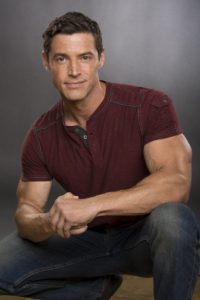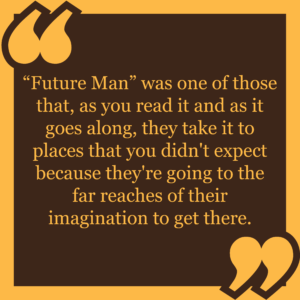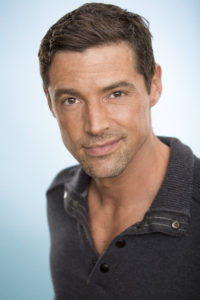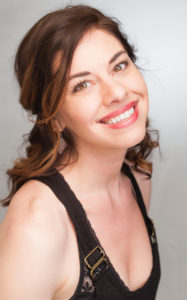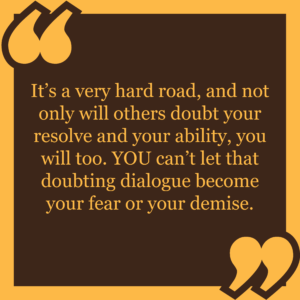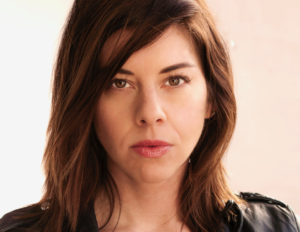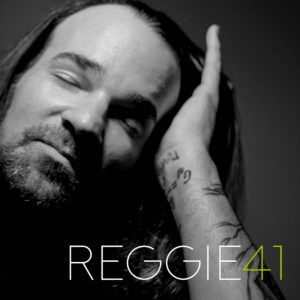 Artist: Reggie and the Full Effect
Artist: Reggie and the Full Effect
Album: “41″
Label: Pure Noise Records
Reason We’re Cranking It: Seven albums and 20 years into this solo project, The Get Up Kids’ James Dewees is comfortable in his own sonic skin, delivering plenty of uptempo ups and very few downs for your digital download consumption. (Album drops February 23)
What The Album Tells Us About Him: Dewees isn’t afraid to experiment with his sound, but at the same time, never ventures too far away from what we think a Reggie and the Full Effect album should/would sound like. He manages to surprise us while also making sure that we’re comfortable on the journey.
Track Stuck On Repeat: The one we find ourselves continuously drawn to is the track that feels the most removed from the overall feel of the album. “Heartbreak” plays like a song in the opening scene of everyone’s favorite 80s comedy starring John Cusack or Anthony Michael Hall. Even without a stage to play on, it sets one. If being a teenager again had a musical feel, this would be it.
Coming To A City Near You: Check out the list of cities/dates here.
And that means…



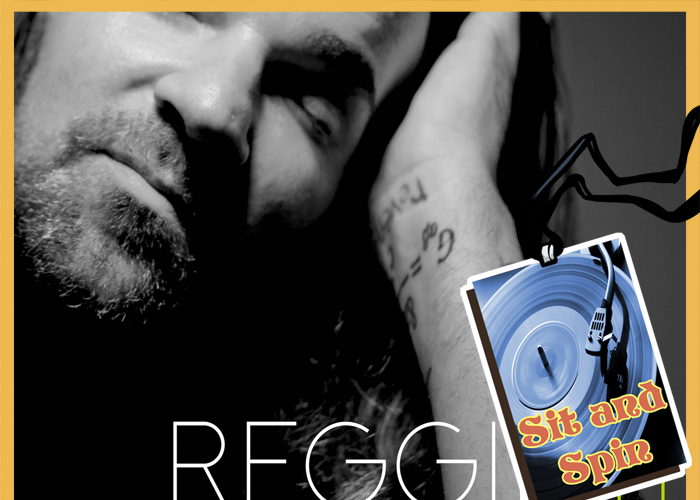
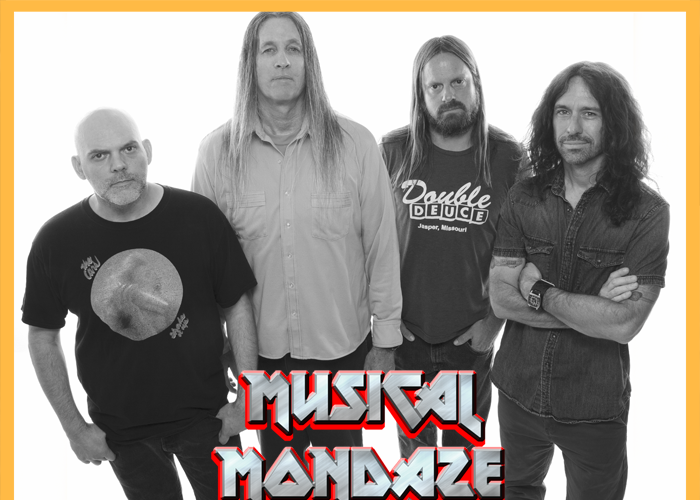
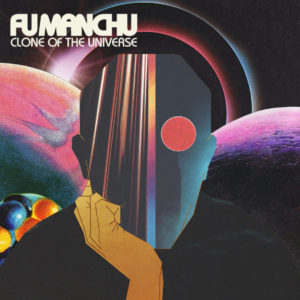 As the old adage suggests, if something isn’t broke, why fix it?
As the old adage suggests, if something isn’t broke, why fix it?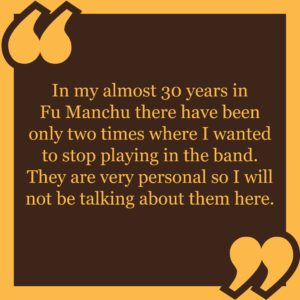
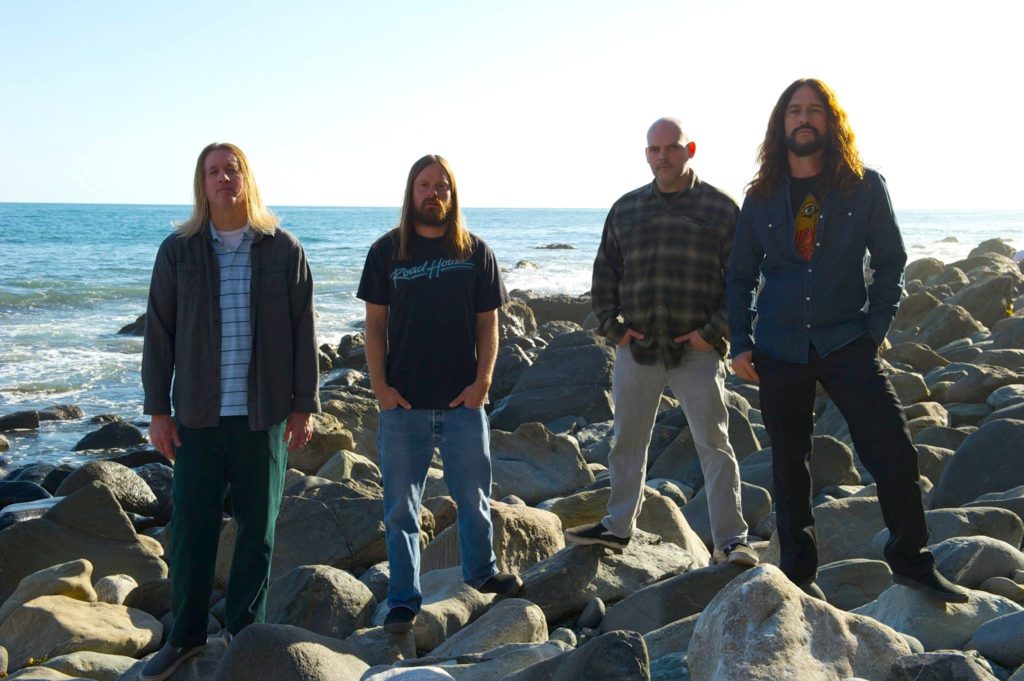
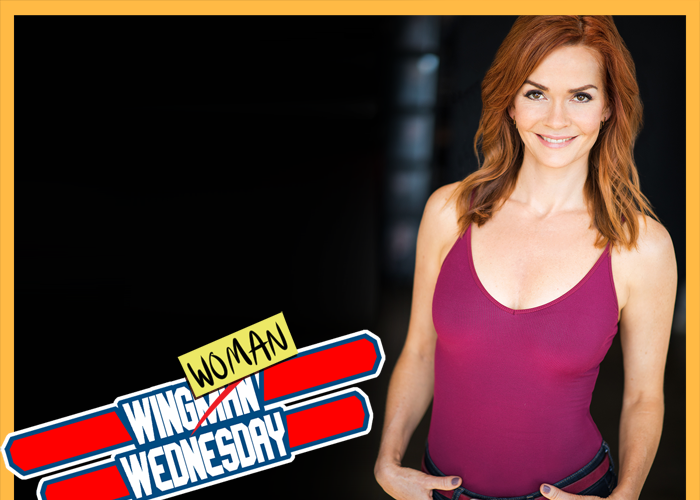
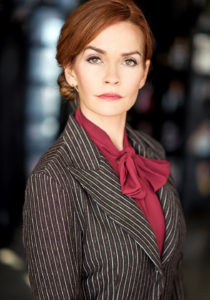

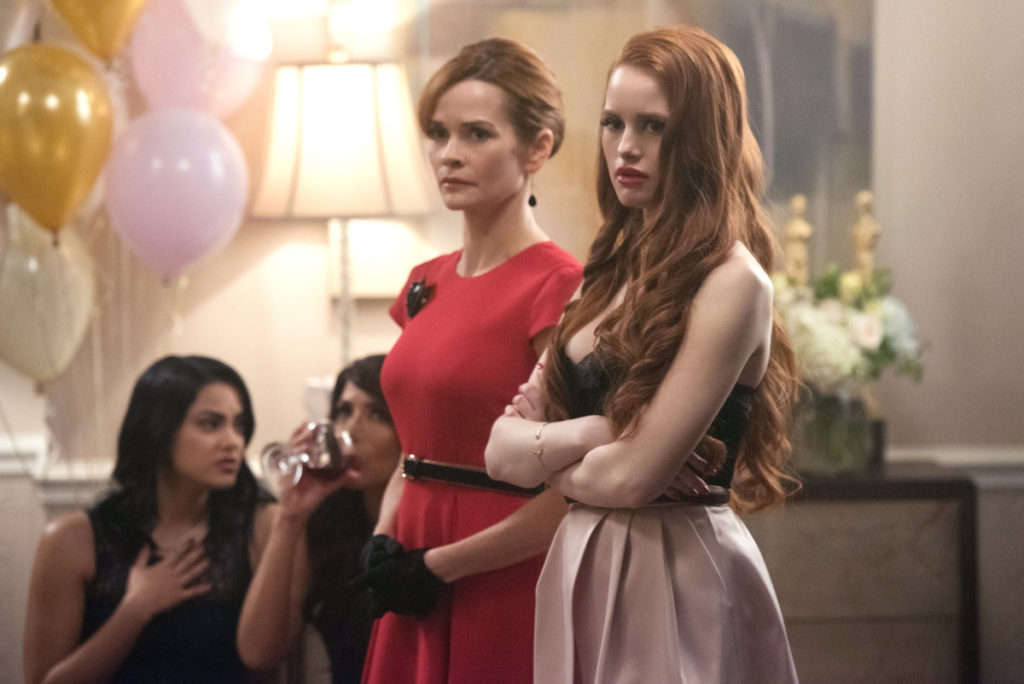
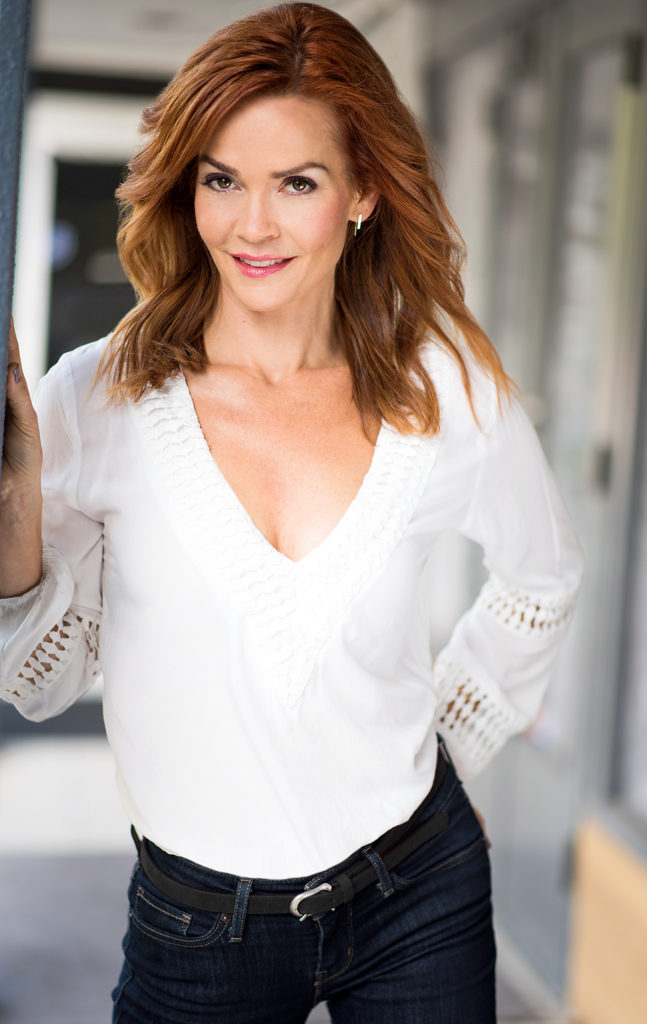
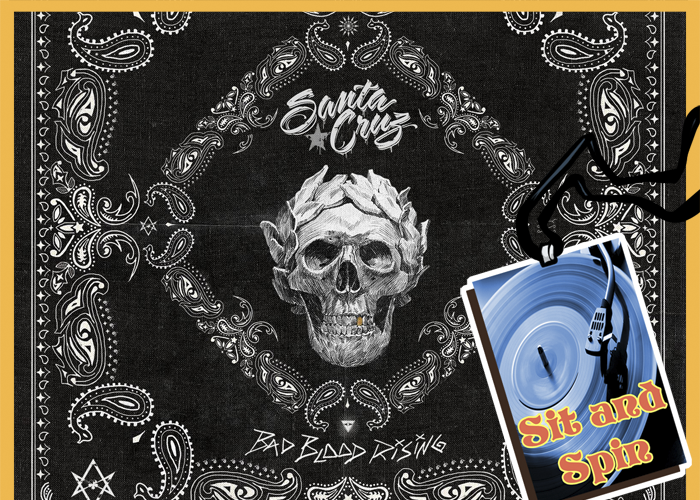
 Artist: Santa Cruz
Artist: Santa Cruz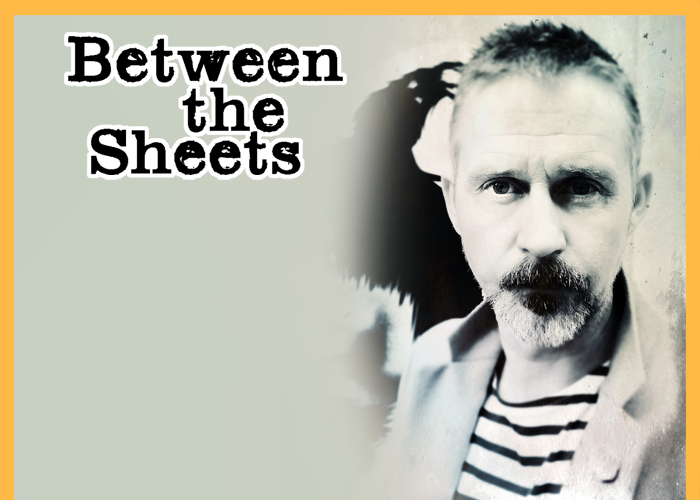
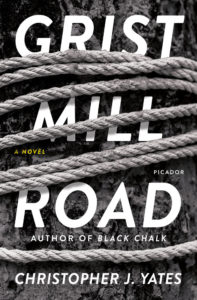 In our ongoing feature Between the Sheets, TrunkSpace picks the imaginative brains of authors to break down what it takes to create the various worlds and characters they breathe life into via the tools of their trade… sheets of paper. While technology continues to advance and change the pop culture landscape, the written word has remained one of the most consistent and imaginative art forms.
In our ongoing feature Between the Sheets, TrunkSpace picks the imaginative brains of authors to break down what it takes to create the various worlds and characters they breathe life into via the tools of their trade… sheets of paper. While technology continues to advance and change the pop culture landscape, the written word has remained one of the most consistent and imaginative art forms.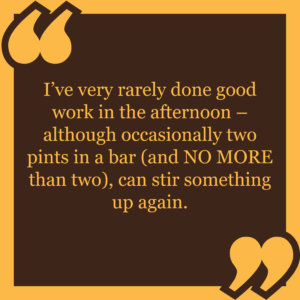

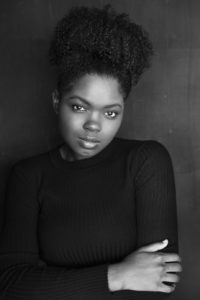
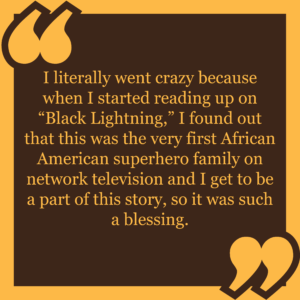
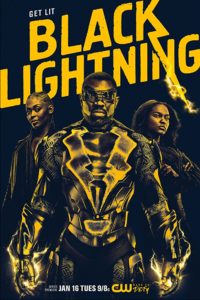 TrunkSpace: It terms of tone, it’s a pretty heavy story.
TrunkSpace: It terms of tone, it’s a pretty heavy story.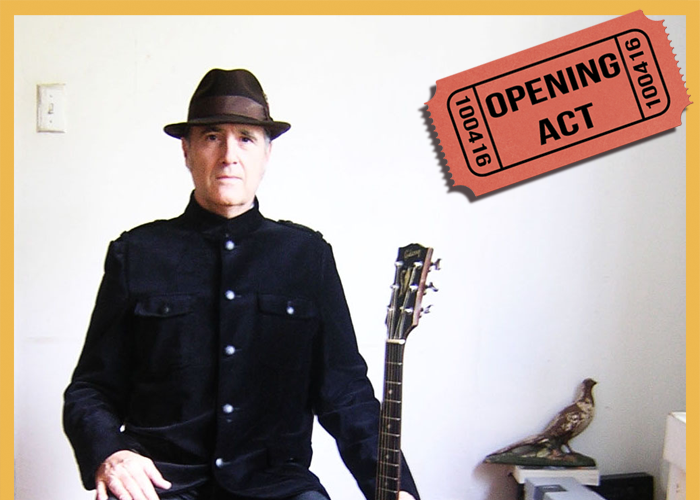
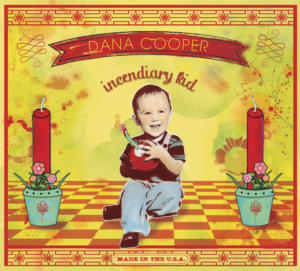 Artist/Band: Dana Cooper
Artist/Band: Dana Cooper
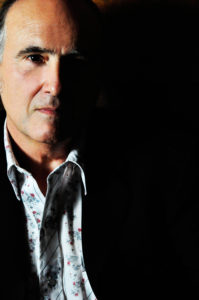 TrunkSpace: You began writing songs at age 13. Teenagers often see life from a different set of lenses than adults do. Sometimes the small things seem so big and the big things seem so small. What did beginning your songwriting journey at such a young age teach you about the craft and process? Is there anything that you learned during those early days that you still apply to your career today?
TrunkSpace: You began writing songs at age 13. Teenagers often see life from a different set of lenses than adults do. Sometimes the small things seem so big and the big things seem so small. What did beginning your songwriting journey at such a young age teach you about the craft and process? Is there anything that you learned during those early days that you still apply to your career today?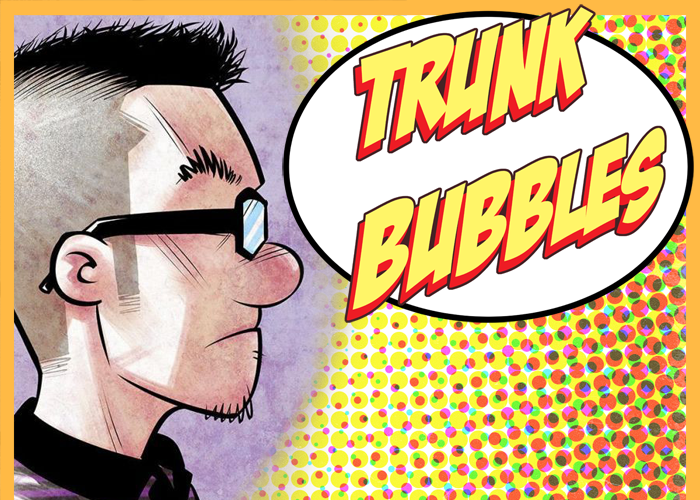
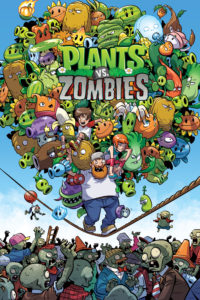 Name: Ron Chan
Name: Ron Chan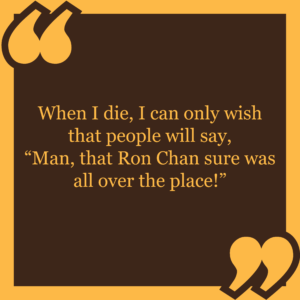
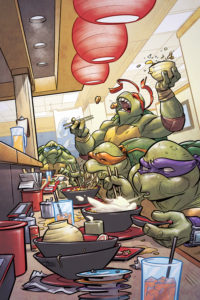 TrunkSpace: What would you say is the greatest strength as an artist?
TrunkSpace: What would you say is the greatest strength as an artist?
